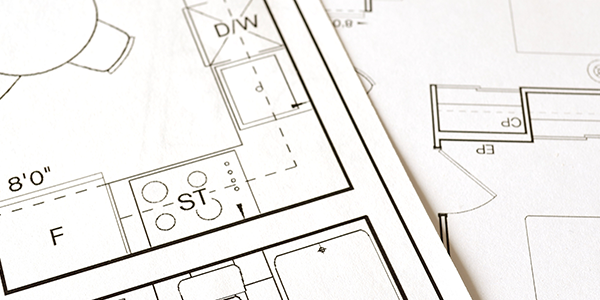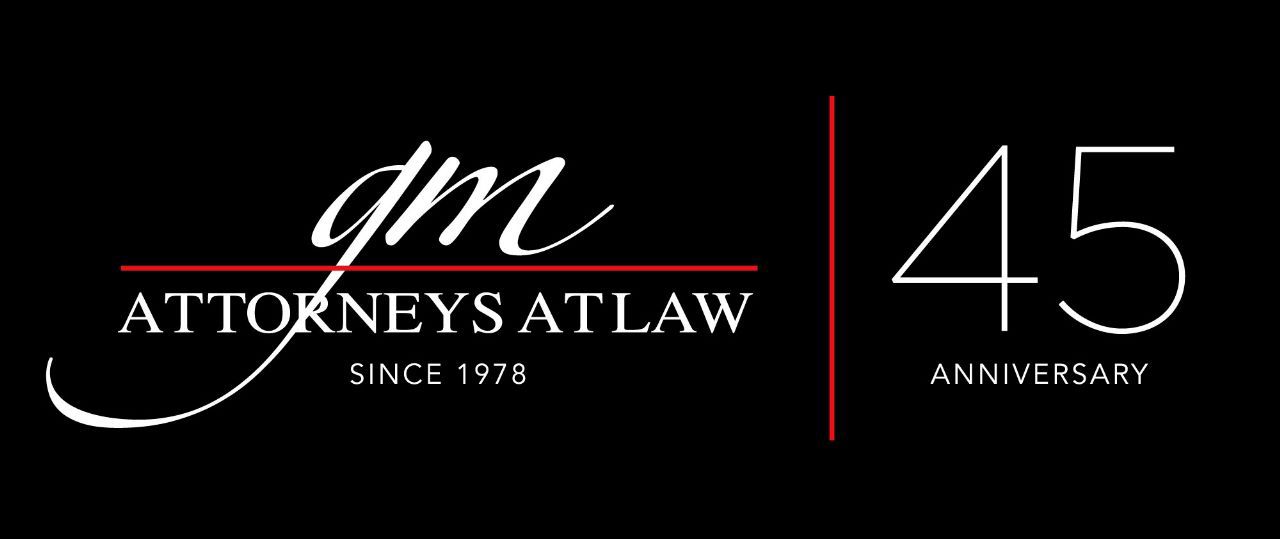Many new buyers may want to develop their Costa Rican land acquisitions. Regardless of whether the development plan is for a family vacation home, condominium complex, or hotel, the owners of Costa Rican development properties must consider the steps they need to take before they can start building. One of these steps is to obtain a building permit from the Municipality where the property is located.
Costa Rican regulations require that every individual or corporation that wishes to build on a property they own must comply with basic requirements established by "Ley de Construcciones," Law number 833. This law specifies that the Municipalities "are the ones in charge so that cities and other populations adhere to the required conditions for safety, health, comfort, and beauty along their public roads and the buildings and constructions built on their lands." Therefore, the Municipalities are responsible for authorizing and issuing building permits for every construction project that complies with the regulation and due process.
The real estate owner must submit a formal request to the Municipality with jurisdiction, providing the mandatory and essential documentation required, which may vary based on whether a master plan, "plan regulador," is approved or not for the county. However, the main requirements that must be fulfilled are as follows.
- • Blueprints of the project: the graphic design of the project must be provided to the Municipality in a format duly approved by CFIA (Federated College of Engineers and Architects) and containing the essential and required technical and legal information. Hence, the governing architect or engineer can review the project.
- • Certificate of Cadastral map: issued by the National Registry for the cadastral map of the property where the project will be built. It must be "visado" which means that the Municipality has previously accepted that said cadastral plan has no issues with its Municipal cadastral system.
- • Property title certification: issued by the National Registry or CR Notary Public. This certificate contains the legal description and information of the property.
- • Copy of the property owner's ID: should the land owner be a corporation or Trust, they must submit a corporate legal certification, "Personeria Juridica" and a copy of the corporate legal representative's ID.
|
| |
- • Zoning Letter: "Uso de Suelo.” It provides what is allowed to be built on the property and any limits or restrictions imposed.
- • Municipal Good Standing Certificate: that confirms all Municipal Real Estate Taxes and Services are paid and current.
- • The real estate value declared before the Municipality is updated and, within five years of the last update value form submitted and approved.
- • SETENA environmental agency approval: based on the project's size, location, and ecological impact, it will be the environmental viability process to be followed (D1 or D2) to obtain SETENA approval.
- • CCSS (Costa Rican Social Security Good standing Certificate: many Municipalities will accept the digital certificates issued by the CCSS website.
|




